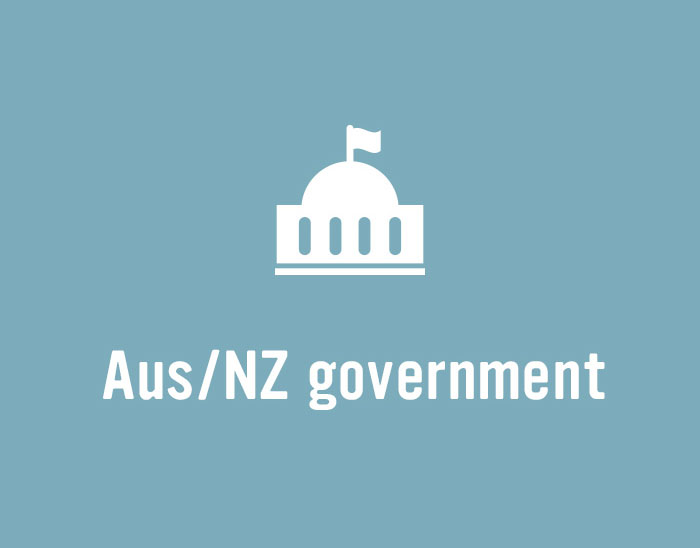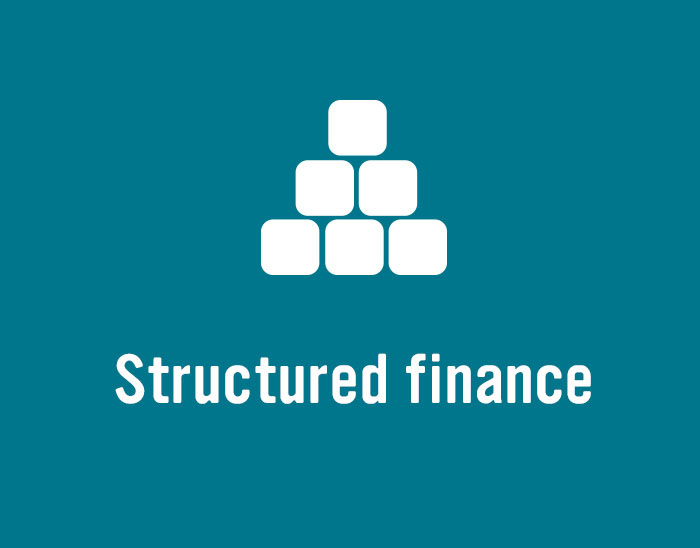
News

The Reserve Bank of New Zealand (RBNZ) now says it will expand its large-scale asset purchase (LSAP) programme to include NZ$3 billion (US$1.8 billion) of New Zealand Local Government Funding Agency (LGFA) debt. The 7 March announcement comes just a day after the reserve bank said it would make “small scale” purchases of LGFA bonds alongside rather than as part of the LSAP.

Transurban’s euro transaction on 1 April marked the first time an Australian corporate has waded into public debt capital markets since the onset of the COVID-19 crisis. Deal sources say offshore liquidity has been strong but it took an issuer familiar to the market to take advantage.

New South Wales Treasury Corporation (TCorp) printed the first benchmark transaction in the Australian public market since the coronavirus pandemic escalated. Deal sources say investor engagement was critical for price discovery in a dislocated and volatile environment.

Moody’s Investors Service has changed its outlook on the Australian banking system to negative. The rating agency says the move is based on the expectation that the banks’ operating environment, capital positions and loan quality will be materially weaker when Australia starts to emerge from the COVID-19 crisis.

Judo Bank is the recipient of the first tranche from the Australian Office of Financial Management’s Australian Business Securitisation Fund, the AOFM revealed on 2 April. Judo will also receive support from the structured finance support fund. The immediate future of the ABSF is unclear, however, as the AOFM has also suggested that proposals for ABSF support may be rolled into the SFSF.

The Reserve Bank of New Zealand (RBNZ) has added a term-lending facility (TLF) for banks to its suite of COVID-19 relief measures. It has also restricted banks from redeeming capital instruments that are not common-equity tier-one (CET1).

Primary deals are now possible in the Australian securitisation market as a result of government support. Attention is turning to what effect the COVID-19 fallout might have on new and existing residential mortgage-backed securities (RMBS) pools.

On 1 April, New Zealand Debt Management (NZDM) increased its New Zealand Government Bond (NZGB) programme to NZ$25 billion (US$14.9 billion) for the 2019/20 financial year, an increase of NZ$12 billion from the update given on 17 March. The revised funding requirement is due to the additional fiscal impacts of COVID-19.

The Australian Office of Financial Management (AOFM) has revealed further details for securitisation issuers seeking to access its structured finance support fund (SFSF). The 31 March announcement includes guidelines on how to engage the AOFM for expressions of interest.

The swift entry of the Australian Office of Financial Management (AOFM) into the securitisation market added confidence to Firstmac’s return to new issuance and facilitated an upsized transaction. The issuer says it also retained third-party investor engagement from before the COVID-19 related shutdown of new issuance in Australia, though only a smaller deal would have been possible without government support.

The Reserve Bank of New Zealand (RBNZ) has added a corporate and asset-backed securities (ABS) funding facility to the suite of operations it is implementing to improve domestic liquidity conditions amid COVID-19 related volatility.

As the world scrambles to battle the COVID-19 pandemic, markets are tasked with sorting out how measures to fight the virus will affect economies and finding their best path forward. A panel of market participants from New Zealand, convened via teleconference, agree the country is in a better position than almost anywhere but acknowledge that the outsized influence of global markets on the local economy – and the scale of economic support programmes – make for a precarious future.
